Five suggestions to help you turn over a new literary leaf
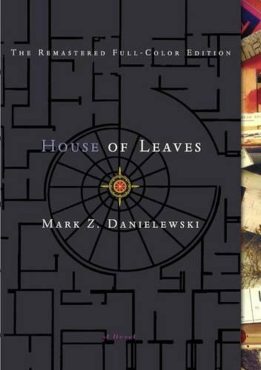
House of Leaves by Mark Z. Danielewski.
The leaves are changing colour, the pumpkins are ready to be picked, and Halloween is right around the corner. There is no better feeling than cozying up with an overpriced seasonal Starbucks drink, cranking up the heat, and cracking open a new book. I have compiled a list of stories that are terrifying, thought-provoking, and above all else — bizarre.
House of Leaves, Mark Z. Danielewski
Perhaps the most pretentious of any of the books on this list, House of Leaves will have you sounding like the most suave person when you describe it at your next dinner party.
This tome of a book is best enjoyed blind. The premise is simple: a family moves into a home and realizes that it is larger inside than it is outside. The results are horrifying and more complex than you’d expect. It’s not just a book, but a literary essay about a movie annotated by a tattoo artist. You might feel yourself going crazy reading it just as the characters do.
There are stories within stories, footnotes several pages long, backwards text, and chapters where one word takes up a whole page.
This type of book isn’t for those who enjoy a straightforward read, but if you’re looking for an experience that pushes the boundaries of what narrative can be, this is worth checking out.
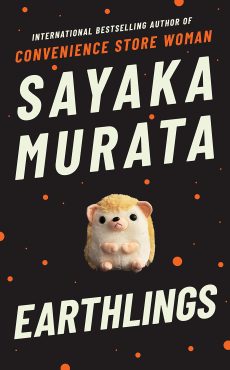
Earthlings, Sayaka Murata
Murata’s writing, which is translated from Japanese, is a unique take on what it means to not fit in. Earthlings explores the life of a young girl in Japan who truly believes she isn’t from this world as she grows up trying her best to be “normal” in a world that just isn’t meant for her.
I would list the content warnings for this book, but it would be best for you to research it for yourself beforehand as there are just too many to cover. Yet, with all the serious and disturbing subjects it touches on, Murata’s writing has an honesty to it that never quite feels gratuitous or unnecessary.
If you’ve ever felt like you don’t fit into this world, or are just interested in stories that touch on social taboos, Earthlings is a fairly quick read that could be finished in a single rainy day. Best of all, its ending’s disturbing imagery will be burned into your mind long after reading it.
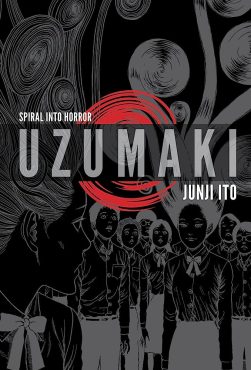
Uzumaki, Junji Ito
Perhaps school hasn’t left you enough time to read a full novel. Worry not! Uzumaki is a graphic novel that punches with the same weight as any great horror novel, just with far fewer words.
Junji Ito is the master of horror manga. He has many classics that are worth reading, but as far as I’m concerned none beat Uzumaki in terms of shocking imagery and engaging stories. This collection of related short stories about a small seaside town spiraling into insanity will have you terrified to even turn the page.
If you think that graphic novels are too childish, Uzumaki will squash that notion entirely.
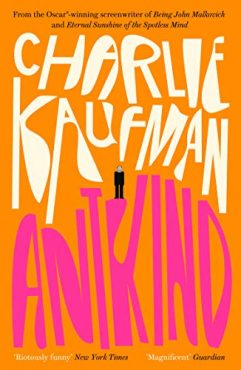
Antkind, Charlie Kaufman
Kaufman is known for his screenwriting, but Antkind is one hell of a debut novel. If you enjoy movies like Eternal Sunshine of the Spotless Mind, Being John Malkovich, and Adaptation, you’re already familiar with his postmodern writing style.
Antkind isn’t horror, but it is so disorienting and bizarre that it reads like a 700-page fever dream.
The book follows a movie critic as he watches a hermit’s lifework, which is an impossibly long stop-motion movie. A good portion of Antkind is the protagonist’s recollection of the film, and this narrator is not to be trusted.
If sexy clowns, metafictional humour, and Trump clones pique your interest, losing yourself in Antkind is a risk worth taking.
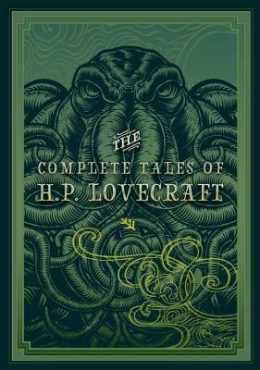
The work of H.P. Lovecraft
Lovecraft was a racist and bigoted man, and this shows throughout his writing. You’d be hard pressed to find anyone, even his most devout fans, trying to deny this fact. Artistic works do not exist in a vacuum, and learning about their creators can be just as important and interesting as reading their works themselves. Though Lovecraft’s work does not make up for his bigotry, his brand of horror is unique and can be worth reading.
Lovecraftian horror, also called cosmic horror, focuses on the insignificance of humans in the grand scale of the universe. This kind of horror truly works best written in prose, as many of Lovecraft’s monsters and eldritch horrors are so indescribable that they make anyone who sees them instantly go insane.
A few of his best works are “A Colour Out of Space,” At the Mountains of Madness, and “The Rats in the Walls.” There are also many other contemporary books and movies that use this style of horror that aren’t written by Lovecraft, including a few of the other entries on this list.






